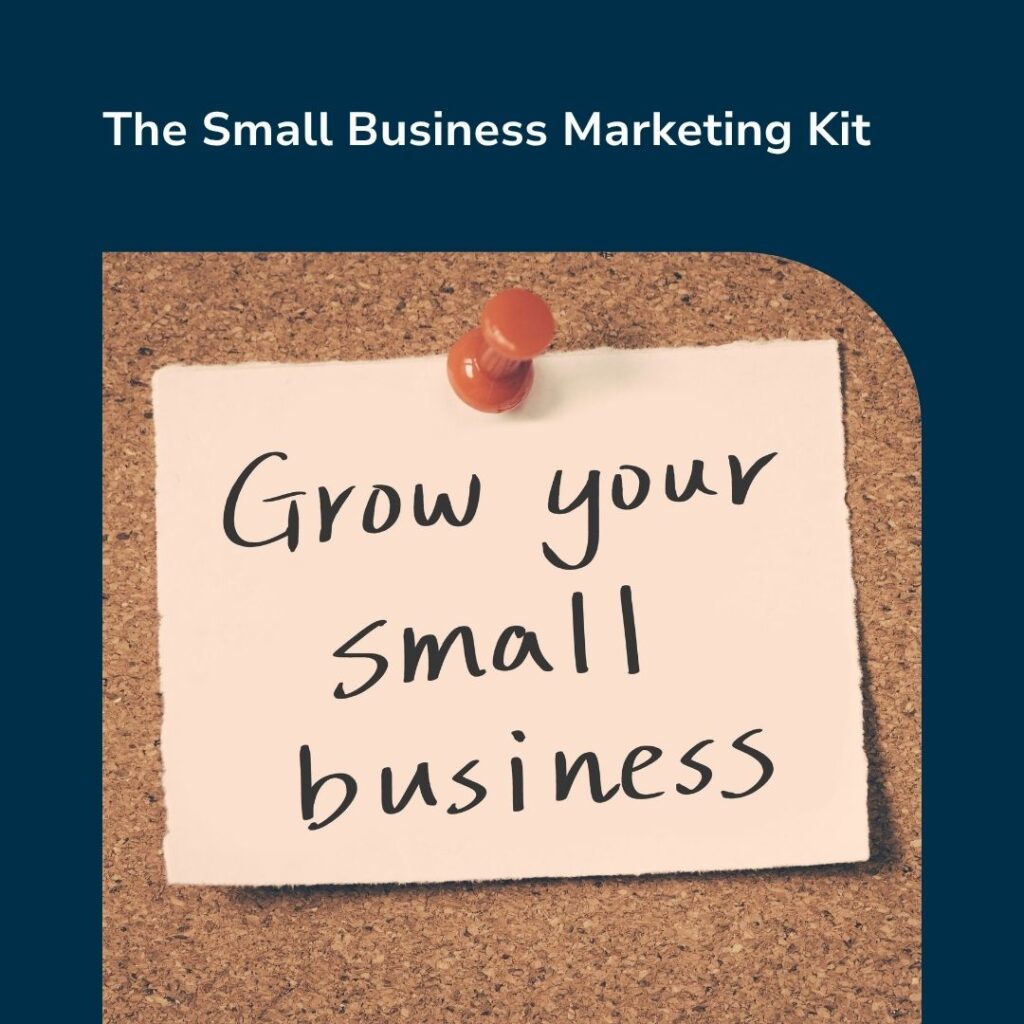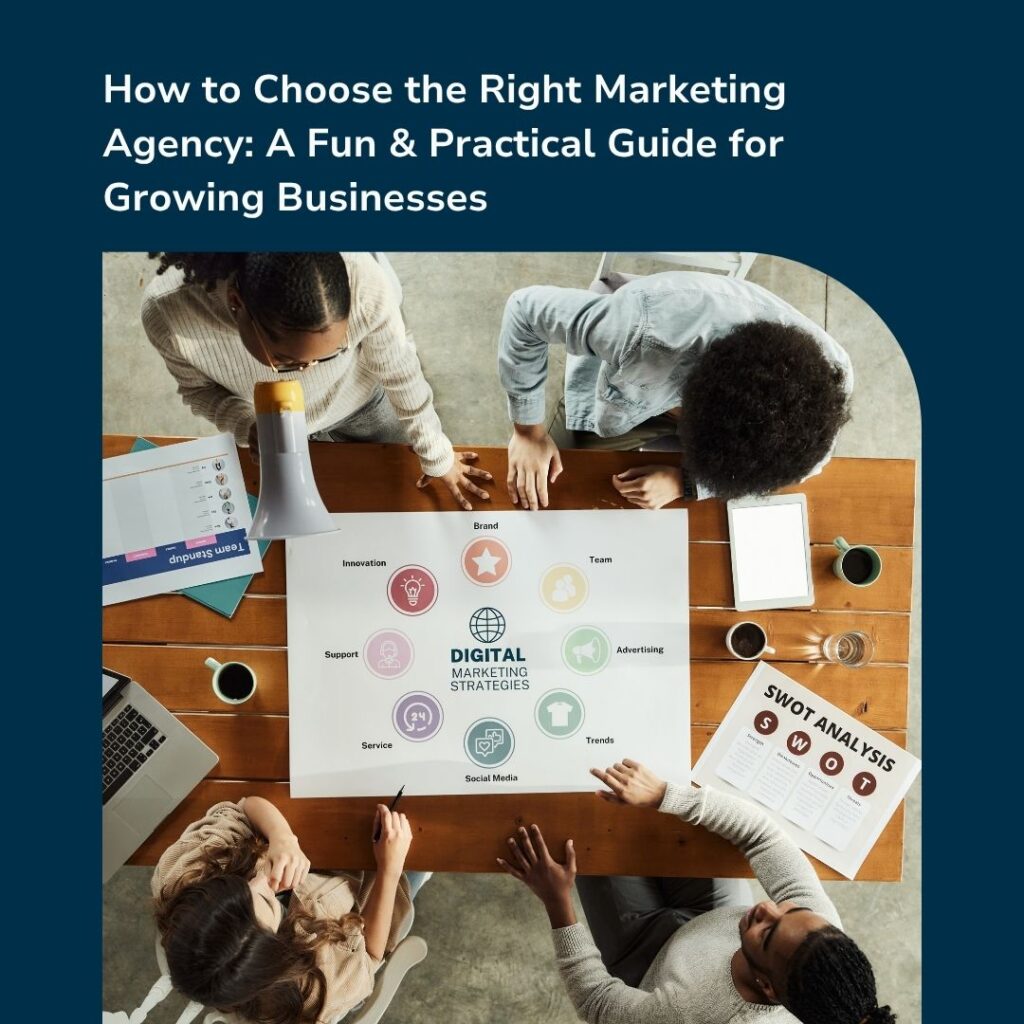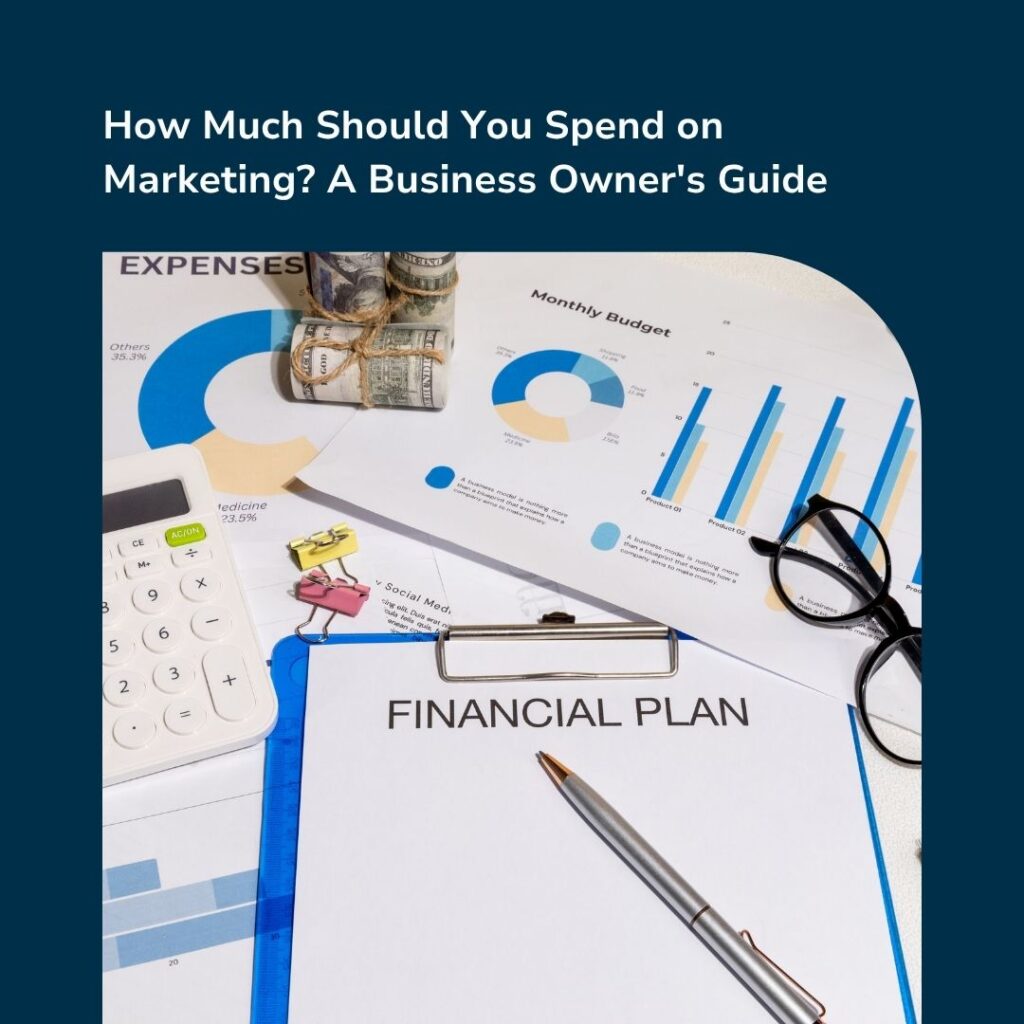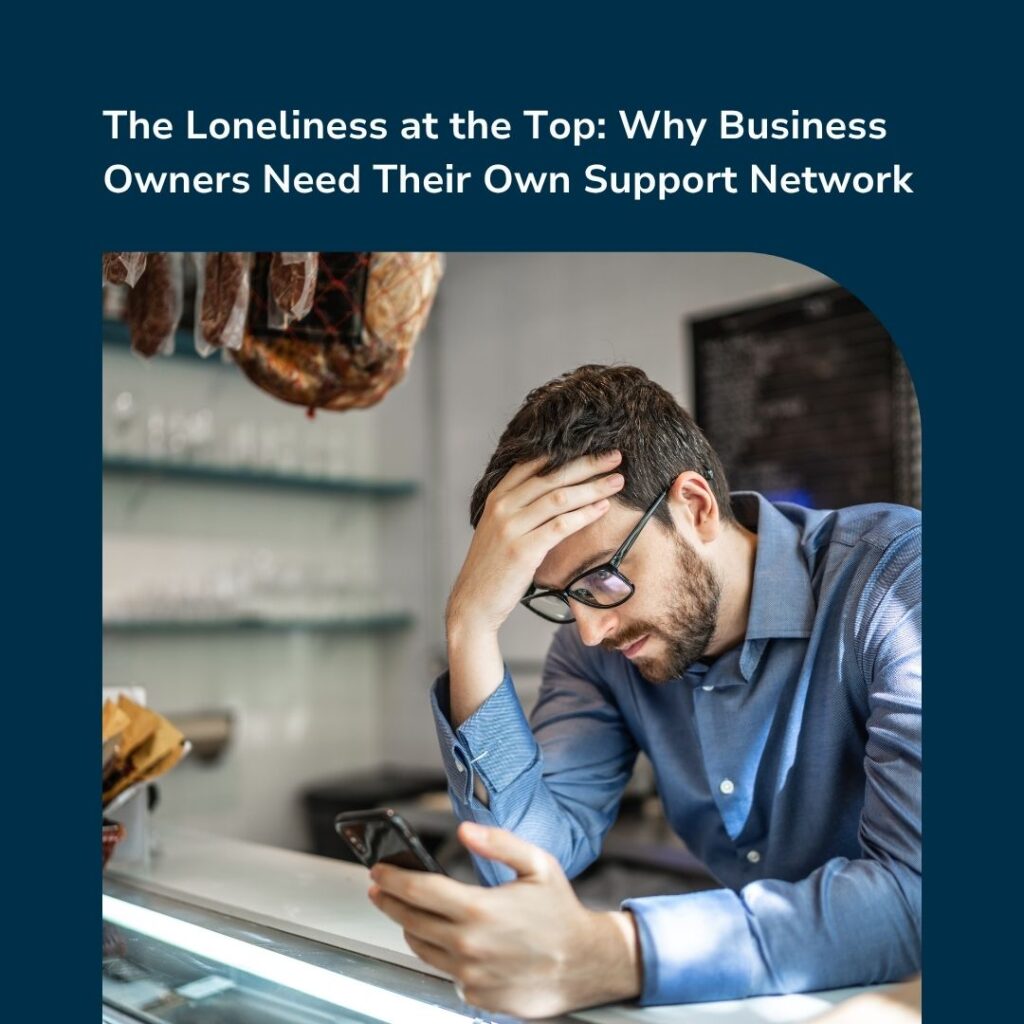When it comes to ecommerce, standing out from the competition is key.
If you can create a selling proposition that is unique and resonates with your customers, you will be more successful than those who don’t.
In this blog post, we will discuss what a unique selling proposition is and how to develop one that is right for your business.
What is a Unique Selling Proposition?
A unique selling proposition (USP) is a statement that describes what your business offers that is unique and beneficial to the customer. The term was first used by E. Jerome McCarthy in his book Basic Marketing: A Managerial Approach to help businesses distinguish themselves from their competitors.
It should be clear, concise, and easy to understand. It should also be specific to your target audience. For example, if you are selling eco-friendly products, your selling proposition might be “We offer the most sustainable and earth-friendly products on the market.”
A Selling proposition is different from a tagline or slogan, although it can be incorporated into these. A tagline or slogan is typically more general and unfocused. For example, Coca Cola‘s current tagline is “Real Magic”, and their USP is “Refresh the world. Make a difference.” This does not describe anything about the product or what makes it unique. It is simply an emotional appeal to customers.
Why Develop USP for your Ecommerce Store?
Your unique selling proposition is what will set your business apart from the competition. In a sea of ecommerce stores, you need to be able to clearly communicate what makes you different and better. This will help you attract the right customers and convert them into loyal fans.
If you do not have a selling proposition, you are likely to lose customers to the competition. This is because they will not understand what makes you unique and why they should buy from you. Having a strong proposition will help you build trust with potential customers and convince them to purchase from your store.
Components of a USP
There are a few key components that make up a strong USP. These include:
Benefits: Your selling proposition should focus on the benefits that your product or service offers to the customer. It should answer the question, “What’s in it for me?”
Clarity: A good USP is clear and concise. It should be easy to understand and remember.
Value: Your proposition should communicate the value that your product or service offers. This could be in the form of quality, price, or customer service.
Relevance: Your proposition must be relevant to your target audience. It should speak to their needs and desires.
Differentiation: Your USP should highlight what makes your product or service unique. It should be clear why the customer should choose you over the competition.
Tips to Develop a Unique Selling Proposition
When developing your own unique selling proposition, there are a few things to keep in mind.
1. Keep it Simple
Your proposition should be clear and concise. It should be easy for the customer to understand and remember. Avoid using industry jargon or technical terms that the average person would not understand.
Your USP must be worded between 8-15 words, so that it can be easily remembered and used in marketing materials. You can actually start by writing down words that describe your product or service, then narrow it down to the essentials.
Here are a few examples of simple and effective USPs:
“The platform commerce is built on.” – Shopify
“Best Bio Laundry Detergent.” – Ecover Concentrated Laundry Detergent
“World’s strongest coffee.” – Death Wish Coffee
Do not get it confused with a tagline or a slogan, which are more general in nature. Your USP should be specific to your product or service and answer the question, “What makes you different and better?”
2. Focus on the Customer
Your proposition should focus on the benefits that your product or service offers to the customer. It should answer the question, “What’s in it for me?” The customer should feel the push to buy from you after reading your proposition.
You might want to consider conducting market research to better understand the needs and desires of your target audience. This will help you develop a proposition that resonates with them.
3. Research your Competition
Before you can develop a proposition that sets you apart from the competition, you need to first understand what they are offering. Research their products, services, and marketing materials. This will help you identify any gaps in the market that you can capitalise on.
You can utilise some of the following methods to research your competition:
Google Search: Use keywords related to your product or service to see what comes up in the search results. This will give you an idea of who your main competitors are.
Social Media: Check out the social media accounts of your competitors. See what kind of content they are posting and what kind of engagement they are getting. This will give you insight into their marketing strategy.
Do not forget to look through the LinkedIn profiles of the competitors. This is because LinkedIn reflects a person’s current position, which means you can find out their previous experience and education. Their profile might give you some ideas for your own marketing strategy.
Website Analysis: Use tools like SimilarWeb to analyse the traffic of your competitor’s website. This will give you an idea of how popular their site is and where their traffic is coming from.
4. Highlight What Makes You Unique
Your USP should highlight what makes your product or service unique. It should be clear why the customer should choose you over the competition. When crafting your proposition, focus on what sets you apart and use that to your advantage.
Here are a few ideas of how you can make your proposition stand out:
- Use strong and persuasive language
- Offer something unique that the competition doesn’t
- Use emotion to appeal to the customer
5. Test and Refine
Once you have created your USP, it’s important to test it out to see if it resonates with your target audience. Try using it in your marketing materials and see how customers react. If you don’t get the response you’re hoping for, refine your proposition until you find one that works.
To conclude, developing a unique selling proposition is an important step in growing your ecommerce business. It will help you attract the right customers and convert them into loyal fans. Keep these tips in mind when crafting your own USP to ensure success.









